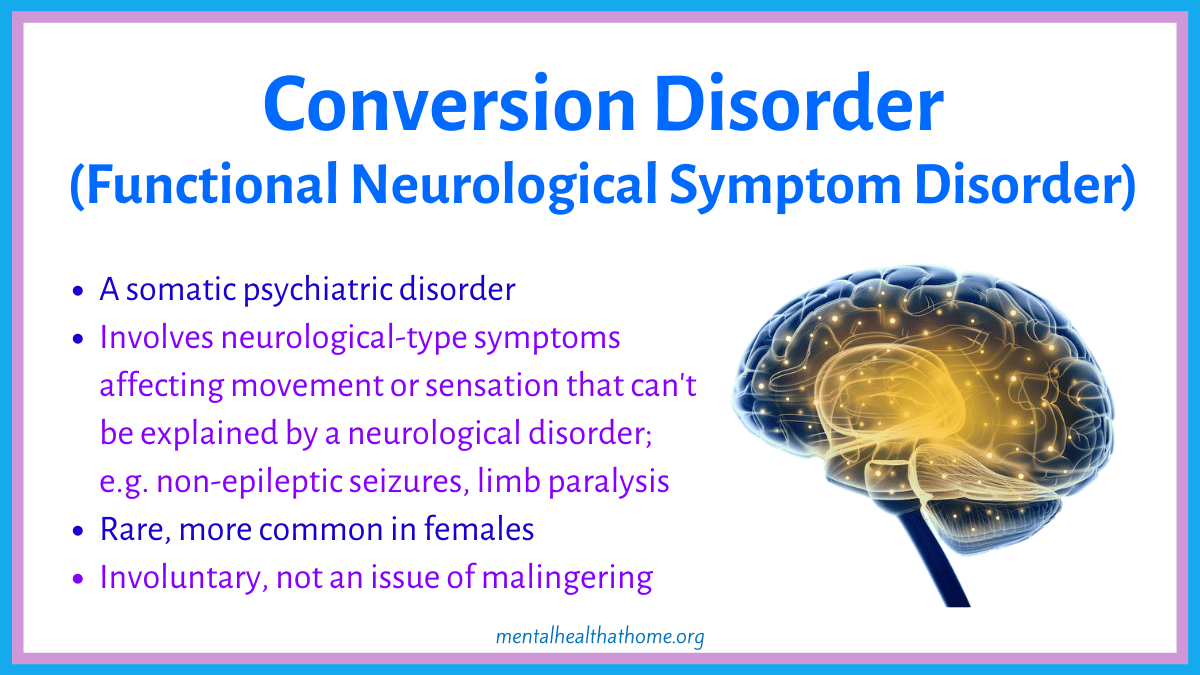Physical health is a vital component of overall well-being. It encompasses your body’s ability to function properly, resist diseases, and recover from injuries. Maintaining good physical health requires a balanced approach that includes regular exercise, a healthy diet, adequate sleep, and preventive care.
Key Components of Physical Health
- Exercise: Regular physical activity helps improve cardiovascular health, strengthen muscles and bones, and reduce the risk of chronic diseases.
- Nutrition: A balanced diet that includes fruits, vegetables, whole grains, lean proteins, and healthy fats provides your body with the essential nutrients it needs to function optimally.
- Sleep: Adequate sleep is crucial for physical and mental health. It allows your body to repair and rejuvenate.
- Weight management: Maintaining a healthy weight can reduce the risk of many chronic diseases, such as heart disease, diabetes, and stroke.
- Preventive care: Regular check-ups, screenings, and vaccinations can help prevent diseases and identify health problems early.
Benefits of Good Physical Health
- Increased energy: Regular exercise and a healthy diet can boost your energy levels and reduce fatigue.
- Improved mood: Physical activity can help reduce stress and improve mood.
- Stronger immune system: A healthy lifestyle can help strengthen your immune system, making you less susceptible to illness.
- Reduced risk of chronic diseases: Maintaining a healthy weight, eating a balanced diet, and exercising regularly can reduce your risk of chronic diseases, such as heart disease, diabetes, and stroke.
- Enhanced quality of life: Good physical health can improve your overall quality of life and allow you to enjoy life to the fullest.
Tips for Improving Physical Health
- Set realistic goals: Start with small, achievable goals and gradually increase the intensity and duration of your physical activity.
- Find activities you enjoy: Choose activities that you find enjoyable and motivating.
- Make healthy food choices: Focus on whole, unprocessed foods and limit your intake of sugary drinks, processed foods, and unhealthy fats.
- Prioritize sleep: Aim for 7-9 hours of quality sleep each night.
- Manage stress: Find healthy ways to manage stress, such as meditation, yoga, or spending time in nature.
- Seek medical advice: Consult with your healthcare provider for personalized advice and guidance.
By prioritizing physical health, you can improve your overall well-being and live a healthier, happier life.



